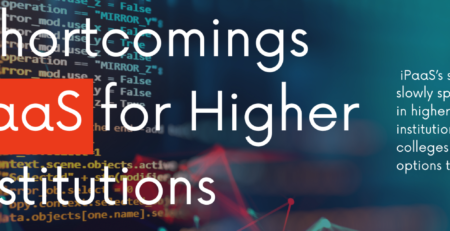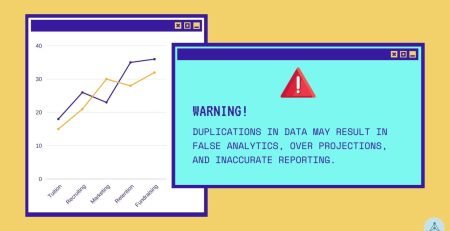College Application Fraud: How Colleges Can Steer Clear
College application fraud is a pressing problem for colleges, but a bigger problem is that many colleges don’t consider it a problem. According to a survey conducted by Kira Talent, only 29% of schools have implemented systems to help them identify fraudulent applications. And guess what, based on the survey conducted by Intelligent, 6 out of 10 students lie in their college applications, showing that fake college applications are more common than we think!
Fraud Applicants play around with their college applications in ways you can’t even imagine. They not only lie about their background, race, and ethnicity, but they also write untrue college essays. The primary purpose of college essays is to give the admissions officer a deeper insight into you as a person beyond your academic achievements, extracurriculars, and test scores. And with untrue college essays, scammers are successfully deceiving the colleges by giving them an untrue identities.
Colleges must implement measures and update their practices to ensure the college applications that college processes are genuine and the admission goes to only the deserving students. Fake college applications can cost a college its reputation, time, and resources, and above all, it strips the right to education for deserving students.
This blog highlights ways colleges can avoid college application fraud and ensure that only deserving students secure a seat.
Revisit and Upgrade Your Approval Process
Every college has an approval process in place. They evaluate every application based on specific parameters. The applications that pass these parameters are accepted, and those that don’t pass are rejected. One of the first things that every higher education institute must do is revisit its approval process and upgrade the areas they think can be improved.
Colleges should hire more staff with prior experience filtering college applications and train their existing staff in the area to know what their job is and how they can become more efficient at it. Hiring more trained staff is specifically more important for colleges that receive a lot of applications every semester. Once you’ve got enough personnel in place, you should incorporate tools that will help your staff identify fraudulent applications.
Modify the approval process as a whole. You can consider adding an additional layer of verification. Updating the rules and admission policies can also help. Ensure that the admissions officer calls and questions every reference provided by every applicant with no exceptions at all. The more tightly-knit your approval process is, the lower the chances of fraudulent applications slipping away.
Implement Technology
If you use it correctly, technology is your biggest asset in steering clear of fraudulent college applications. Technology is capable of what humans can’t do. You can rely on technology in areas where your staff falls short, like in verifying every college application you receive. Because you receive hundreds and thousands of college applications, it’s nearly impossible for your staff to evaluate each and every application without falling low on efficiency. This is where technological solutions like S.A.F.E. come to your rescue.
Not only does technology reduce the workload on your staff, but it also identifies factors a human is highly likely to overlook, like plagiarized content. Humans can only identify suspicious-sounding sentences but can’t tell if the content has been copied from elsewhere. But plagiarism detection software can tell in an instant if the student has copied content from any source. Stolen work disqualifies the applicant.
Colleges that have implemented college fraud identification systems find it easier to investigate and report fraudulent college applications, making it easier for colleges to ensure they only accept the most deserving students to their institutes.
Audit Your Approval Process for Loopholes
The loopholes in your existing approval process often result in fraudulent college applications slipping past. Auditing your approval process will help you identify the loopholes. Once the loopholes are identified, you can actively work towards omitting them and modifying your approval process.
S.A.F.E To Your Rescue
If you’re concerned about your approval process being insufficient and inefficient, you should consider implementing Student Application Fraud Examination (S.A.F.E). This system will help you evaluate every application you receive and identify fraudulent ones, reducing your workload and ensuring a highly efficient application approval process.
Interested in learning more? Check out these blogs below:
- How ChatGPT is threatening colleges and universities
- S.A.F.E. the Ultimate Applicant Fraud Prevention Solution for Colleges and Universities
- College Admissions Fraud: The Deeper Truth
- Enhancing Academic Integrity: How S.A.F.E. Safeguards Colleges and Universities Against Fraudulent Applications
- Safeguarding Higher Education: The Imperative of S.A.F.E.











Leave a Reply